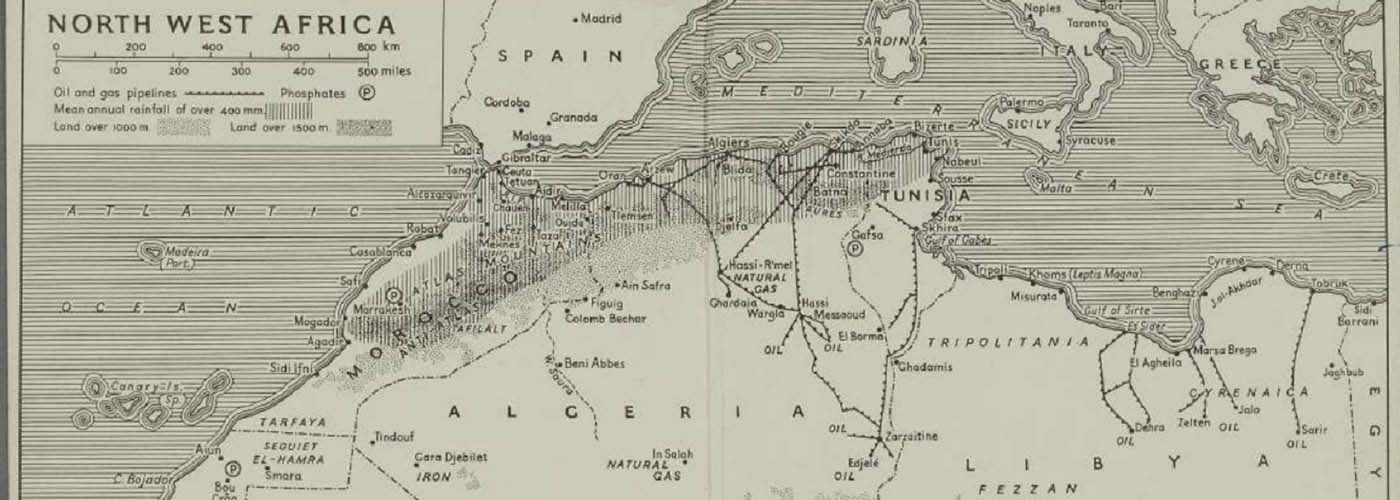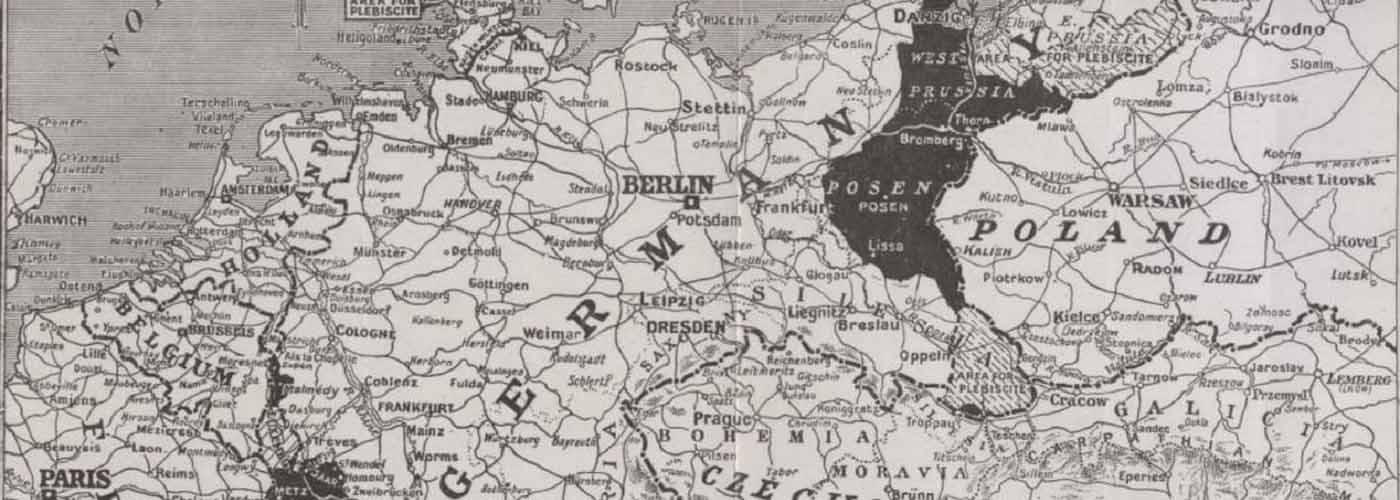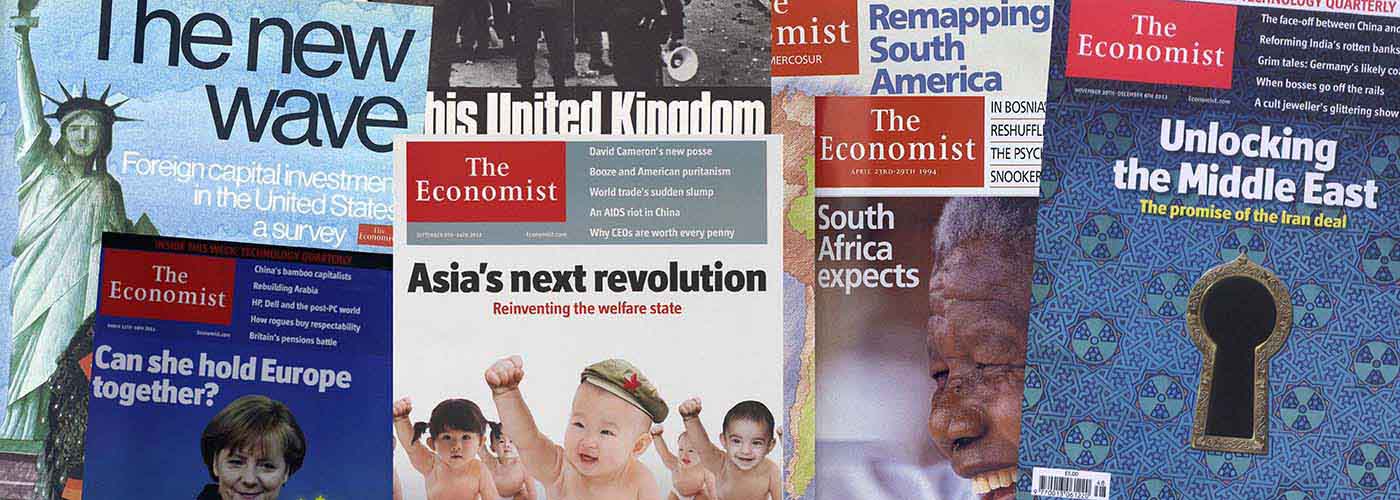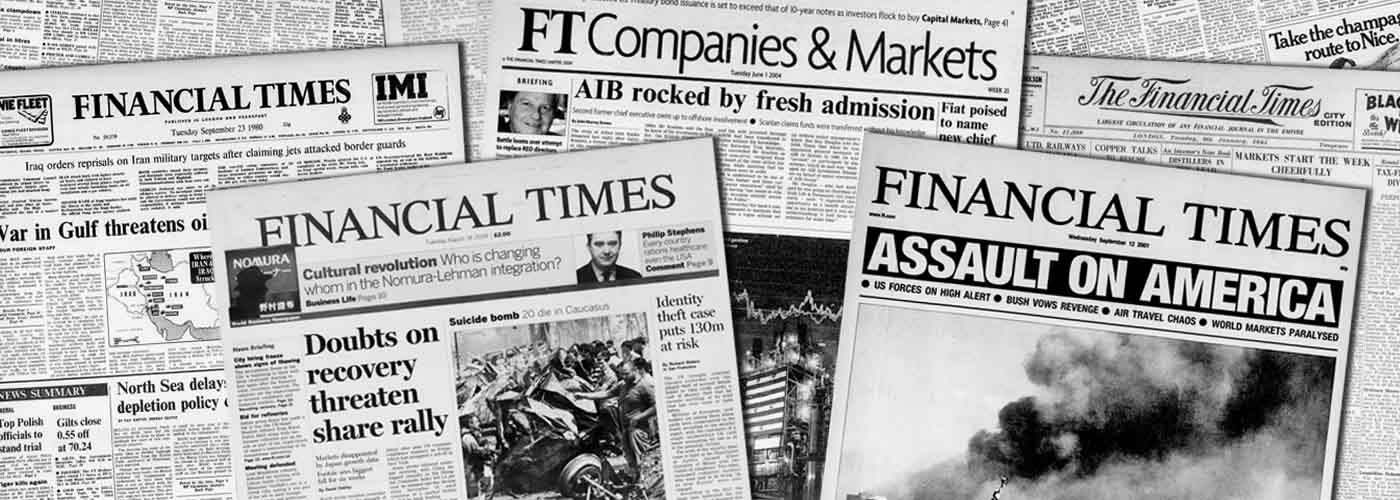See what over eight decades of archival material from the Council on Foreign Relations reveals about the United States’ place in the world
Offering nearly a century of material from the Council on Foreign Relations, one of the world’s leading foreign policy institutes, Global Politics and U.S. Foreign Policy: The Council on Foreign Relations, 1918–2000 makes available reports, correspondence, and records of meetings from high-level statesmen, diplomats, academics, and international figures. This collection supports international studies by providing insight into the United States’ place in the world and global events across the twentieth century through policy-focused conferences, programs, and study groups. Speakers at the Council on Foreign Relations have included Henry Kissinger, Condoleezza Rice, and Joseph R. Biden Jr., as well as appearances from world leaders such as Nelson Mandela, in a unique forum.
ABOUT THE COUNCIL ON FOREIGN RELATIONS
The Council on Foreign Relations (CFR) is an independent, nonpartisan think tank established in 1921 and continuing to the present day. Its stated goals are to further understanding of the world and foreign policy decisions in the United States. The files digitized here are sourced from the CFR Archive’s Records of Groups and Records of Meetings, and cover a vast range of topics, including international relations and U.S. “soft power,” labor relations, economics and monetary policy, international trade, technology and the armed forces, national and international security and defense, and the local politics of areas of key interest to the U.S., including Southeast Asia, China, and the Middle East.
VALUE OF THE COLLECTION
- Globally recognized: The collection gathers widely referenced insights on U.S. foreign policy and international relations from this globally recognized foreign policy institute. The archive is an ideal companion to Chatham House Online Archive, as the Council on Foreign Relations is the U.S. counterpart of Chatham House in the UK.
- Interdisciplinary scope: These materials are crucial for researchers of twentieth-century global and U.S. history, U.S. foreign relations, global politics and political science, American international studies, and international relations. The collection also contains unique material on international economics, trade and business, questions of arms control and nuclear nonproliferation, security and defense, food security, environmental management, and human rights.
- Current research trends: Through these papers, researchers can delve into the development of today's current political moment, expanding from public policy to U.S. foreign relations. The documents follow the role of the U.S. throughout the twentieth century, including the evolution and impacts of Cold War ideologies and the international politics that transformed the global stage.
- Historical relevance: The collection contains documents of the United States relating to critical foundations of the twentieth-century world order:
- Events: Materials cover events including World War II; the U.S. occupation of Japan; hostilities in Korea and Vietnam; China under Mao Zedong; the rise and fall of the Soviet Union; the first Gulf War; and crises in Central America, Eastern Europe, and the Congo.
- Transnational institutions: Documents are represented from institutions including the UN, NATO, IMF, World Bank, OECD, OAS, SEATO, and others.
- Policymakers and globally recognized leaders: Insights are included from key figures such as Henry Kissinger, Nelson Mandela, John Foster Dulles, Condoleezza Rice, Joseph R. Biden Jr., Nelson Rockefeller, Jimmy Carter, Dick Cheney, and many more.
- Exclusive policy insight: Global events and foreign policy concerns also affected domestic issues. In this archive, documents of the United States provide direct insight into the factors linking domestic and international politics in domestic security and defense, economics, industrial and financial policy, and the public opinion of government and the global position—both in relations with individual countries and as a member of institutions like the United Nations.
CONTENT HIGHLIGHTS
Records of Groups, 1918–1996
- United States Policy toward the Caribbean and Central America, 1924–1925
- Seminar on the U.S.S.R. and the Sources of Soviet Policy (First Meeting, April 14, 1978), 1977–1979
- Study Group on the Philippines Bases (First Meeting, June 22, 1987), 1986–1989
- The United States and China in World Affairs, Parts 1–7, 1962–1965
- United States–Canada Trade Negotiations (First Meeting, December 4, 1986), 1986–1987
Studies Department Series Additions, c.1964–2000
- Resolution of Ethnic and Minority Rights in Kosovo (c. 1967–1996)
- Future American Involvement in the Gulf, March 12–13, 1996
- The Middle East Peace Process, Investing in the Future, May 18–19, 1995
Records of Meetings, 1920–1995
- International Agenda for Japan in the 1990s, March 26, 1990 (Speaker: Hisashi Owada)
- Change in the Soviet Union: Implications for United States–Soviet Relations, September 11, 1989 (Speaker: Condoleezza Rice)
- Moscow and Washington: A Mid-Winter Report, April 12, 1984 (Speakers: Joseph R. Biden Jr., W. Cohen)
- “The Cuban Crisis,” February 4, 1963 (Speakers: John J. McCloy, Henry Wriston)
- “Measuring American Public Opinion on Foreign Affairs,” January 1940 (Speakers: Henry P. Fletcher, Philip Guedalla)
- “Vietnam and Aspects of Its Relations with the United States,” January 26, 1968 (Speakers: Bùi Diêm, Frank Trager)
Meetings Series Additions, 1972–2000
- “Recent Developments in South Asian Security," Transcript, September 22, 1999
- Future Visions for U.S. Defense Policy, May 26, 1999
- Globalization Study Group, including:
- Session I, “Muslim Transitional Institutionalization,” June 18, 1996
- Session II, “Globalized Communications,” June 25, 1996
- Session III, “Globalization of Muslim Issues,” July 1, 1996
Additional Details
subjects covered
- International Economics
- International Relations
- Economics
- Politics
- World History






![[Cambodia] The SS Mayaguez Incident](/binaries/content/gallery/gale-us-en/banners/primary-sources/standalone-collections/gps_us_declassified_docs_academic_banner_2.gif)